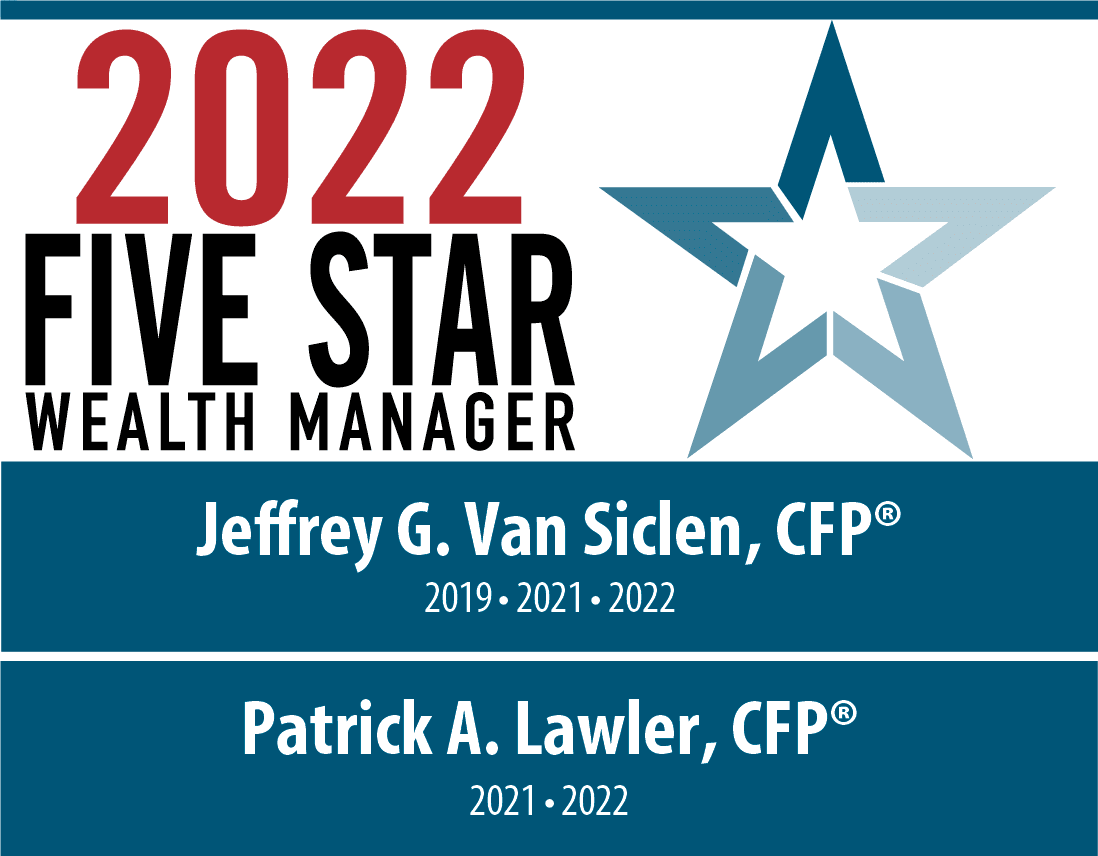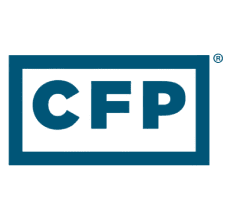Career Trajectory & Financial Planning
Jul 19, 2021
We all reach certain milestones in life, many are the same regardless of career choices. As our clients in the Biotech/Pharma industry reach and pass life’s major milestones, how they manage and adjust their career trajectory becomes increasingly important. Whether you change companies, get a promotion, or experience a corporate transaction, these changes have a significant impact on your financial planning and how you accumulate and grow wealth.
Should I Stay or Should I Go?
As one of the most transient industries, Biotech/Pharma employees average time spent at one company is a little less than 13 months. With the Boston/Cambridge area being the US hub for the industry, there are seemingly endless opportunities to advance one’s career. Often times the fastest way to move up through the corporate hierarchy is by transitioning to another company, yet there are considerations that should not be overlooked with every move:
All of these questions should be addressed and incorporated in not only your financial planning but also your negotiations with your potential employer. To maximize your value today and know the impact of tomorrow, career changes should be reviewed with your financial planner.
Moving Up From Within
While some choose to move up by moving around in search of the right fit, culture, and compensation package, others find a desirable situation right away, making the conscious decision to grow with a single company for years, sometimes decades. Staying at one company can be very lucrative especially if you’ve chosen a rapidly growing publicly traded company, but can come with financial challenges. Most promotions come with higher income, higher target bonuses, larger stock grants, and potentially benefits you were not previously eligible for. While a higher salary is great, it may be accompanied by higher taxes. How you plan can help to minimize your tax impact and help to reduce single stock risk.
These are just a handful of questions you may have asked yourself over the years and vowed to ‘look at it at some point in the future.’ Now, you are likely in a position where your income and your financial plan is heavily dependent on the performance of the company you work for. Maybe that’s how you want it and what you’re comfortable with. Maybe you’d like to diversify your portfolio. Regardless of your personal preference, it is important to weigh all these options to optimize your financial future.
Mergers, Acquisitions & Initial Public Offerings
As companies look to expand their pipelines with developing sciences and top talent in the industry M&A is often part of corporate progression. While this likely is not a change you can influence, it certainly will impact you. The largest impact tends to be on the employees of the company being acquired.
When faced with a M&A, these are the common questions we are asked by clients. Understanding the financial ramifications of corporate transactions, like M&As, is imperative in enhancing your personal wealth.
Initial Public Offerings of smaller Biotech/Pharma companies are a way for companies to raise capital and advance their pipeline. While there is no public market for a private company, most private Biotech/Pharma companies may offer large stock incentive plans as part of a signing bonus. It is important to remember this bonus may not have value until an IPO is completed or another liquidity event occurs, such a sale of the company. Some issues of stock can be more valuable because the likelihood of dilution prior to the IPO could be less; however, any stock grant may hold value that it didn’t hold prior to the IPO, which may result in a new asset to build into your financial plan.
Initial Public Offerings of smaller Biotech/Pharma companies are a way for companies to raise capital and advance their pipeline. While there is no public market for a private company, most private Biotech/Pharma companies may offer large stock incentive plans as part of a signing bonus. It is important to remember this bonus may not have value until an IPO is completed or another liquidity event occurs, such a sale of the company. Some issues of stock can be more valuable because the likelihood of dilution prior to the IPO could be less; however, any stock grant may hold value that it didn’t hold prior to the IPO, which may result in a new asset to build into your financial plan.
If you’ve gone through a career event similar to those outlined above or potentially have one coming and found yourself asking some of the same questions, reach out a member of our team to help. We’ve successfully helped hundreds of Biotech/Pharma executives navigate change and look forward to the opportunity to help you through yours.
*Disclaimer:
Purshe Kaplan Sterling Investments and Fortis Capital Advisors, LLC dba LRVS Advisory Group are not affiliated companies. This article is provided by Fortis Capital Advisors, LLC dba LRVS (for informational purposes only. Investing involves the risk of loss and investors should be prepared to bear potential losses. Past performance may not be indicative of future results and may have been impacted by events and economic conditions that will not prevail in the future. No portion of this article is to be construed as a solicitation to buy or sell a security or the provision of personalized investment, tax or legal advice. Certain information contained in this report is derived from sources that Fortis Capital Advisors believes to be reliable; however, the Firm does not guarantee the accuracy or timeliness of such information and assumes no liability for any resulting damages.







